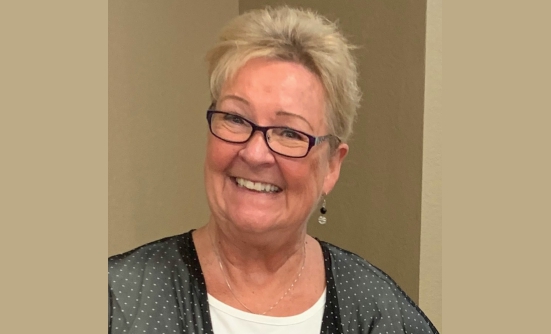A cancer diagnosis brings a flood of concerns from several unexpected areas. Would you believe one of those areas could be your mouth? The health of your teeth, gums, and other oral tissues can greatly affect your quality of life during treatment and can also play a part in the success of any cancer treatment.
As a dental professional, I’ve often heard the comment, “It’s just a tooth,” as if the mouth is its own entity, separated from the rest of the body. This could not be further from the truth.
Evidence shows that disease and infection inside the mouth doesn’t stay contained there. When the immune system is compromised by cancer or by cancer treatments, an oral infection can turn into a very serious, possibly life-threatening, situation.
Get a “Dental Clearance” Before Treatment
Ideally, completing “dental clearance” before starting treatment for cancer can help to identify any potential problems and resolve them before they can cause complications. This normally involves:
- A thorough dental examination with an oral cancer screening
- X-rays
- Detailed charting and a thorough professional “cleaning”
Treatment may range from a simple filling to removing teeth that pose a threat of infection. Sometimes, dental clearance is nothing more than reassurance that the mouth is healthy.
A very important part of dental clearance is education—providing proper homecare instructions, product recommendations, and preventive strategies to reduce risks of oral complications during and after cancer treatments.
Choosing Your Dental Oncology Team
Choosing the right dental team is important. Not all dentists or dental hygienists are trained in dental oncology, which is a specialized area of care that is focused on the unique oral health needs of cancer survivors. Dental professionals who are knowledgeable in dental oncology understand that time is key when it comes to dental clearance.
It is vital that the start of your cancer treatments is not delayed by your dental care if at all possible. Invasive dental procedures, such as dental surgery or extractions, may require a period of healing before cancer treatments can safely begin.
The concern about oral complications is not only for patients with head and neck cancers: it doesn’t apply only to those who receive radiation to these regions, although these individuals are particularly susceptible to short-term and long-term damage to their oral health.
Treatment-Related Oral Side Effects
Oral side effects, ranging from uncomfortable to disfiguring to life-threatening conditions, can occur with some types of chemotherapy and stem-cell transplants. Certain cancers may require the use of “bone-building” medications, such as Zometa (zoledronic acid) and Xgeva (denosumab), or medications that help to slow the growth of tumors, such as Sutent (sunitinib) or Avastin (bevacizumab).
When receiving one of these medications, it’s imperative to understand the associated risks and take precautions to avoid the damaging effects to the jaw bone.
If You Have Started Cancer Treatment
Be sure to consult your oncologist before seeking any dental care while being treated for cancer. Your blood counts—mainly white blood cells that fight infection and platelets that control blood clotting—will determine if it is safe for you to have dental treatment.
Don’t ignore any changes in your mouth. Inform your oncologist if you have any concerns regarding your teeth or oral tissues, so these may be addressed as soon as possible.
Becoming educated about oral side effects from cancer treatments, and taking simple steps to protect yourself, can help you to avoid pain, infection, and costly damage to your mouth.
Ask your oncology team for recommendations for a qualified dental professional who is experienced in dental oncology.
Patient Resources
American Academy of Dental Oncology
www.aadonc.com
Side Effect Support
www.sideeffectsupport.com
Dental Oncology Professional
www.dentaloncology.com/
Dental Oncology Blog of Dr. Lauren Levi
www.laurenlevidmd.com/#!official-blog-of-dr-lauren-levi/cy2e









